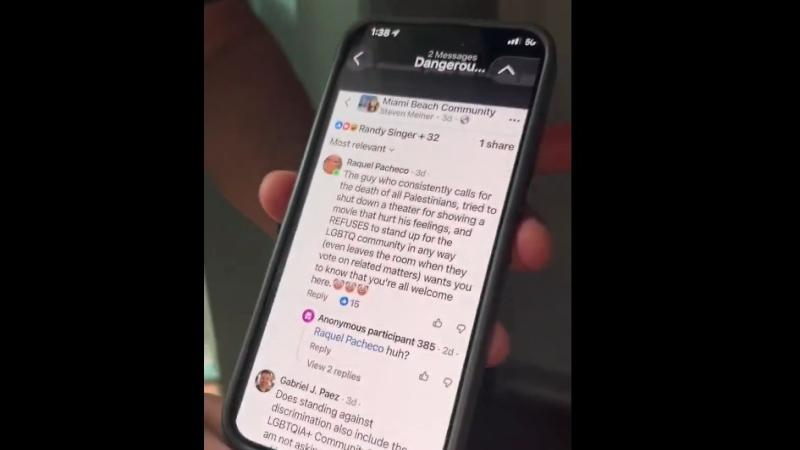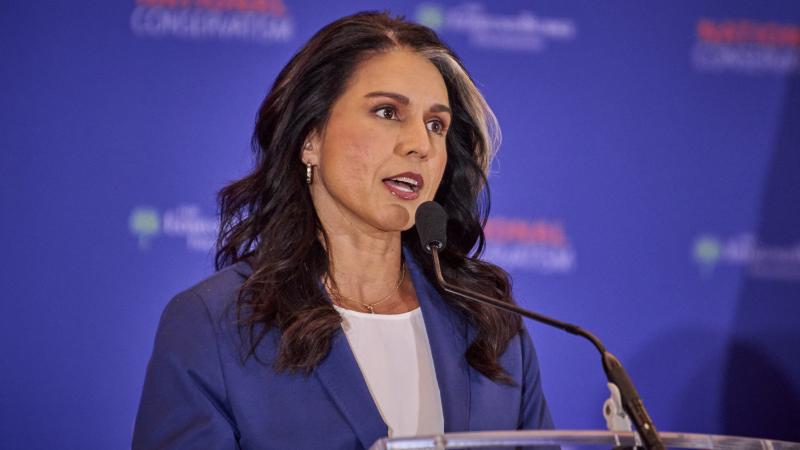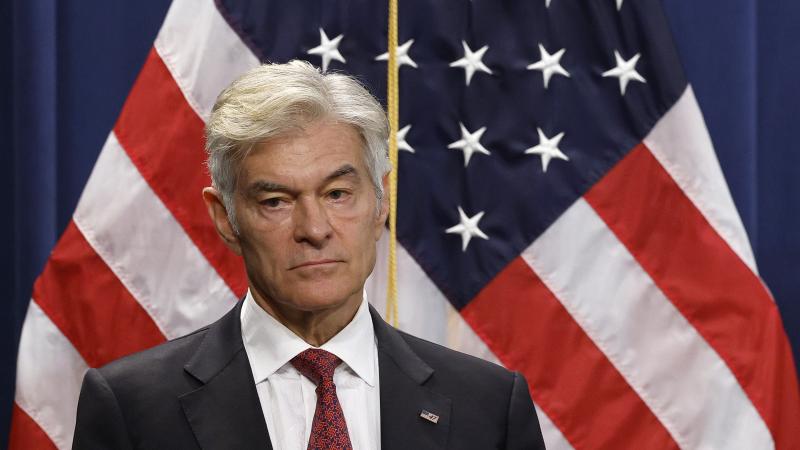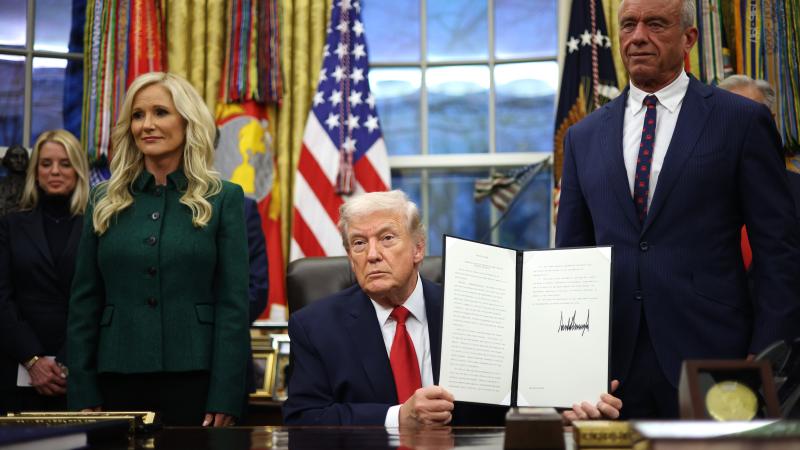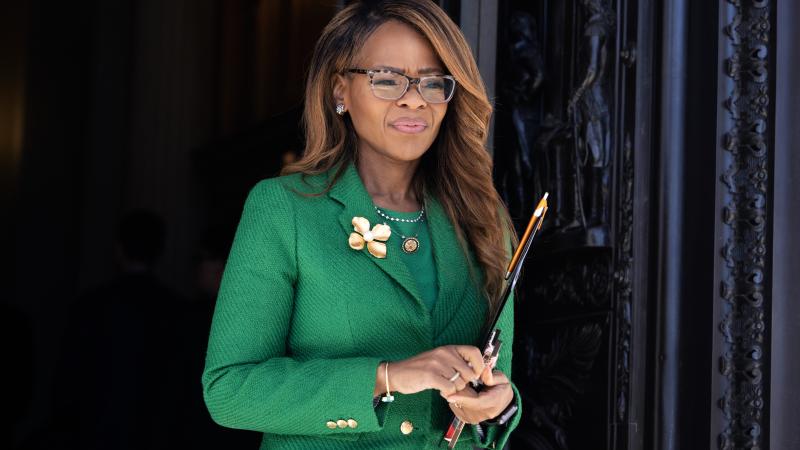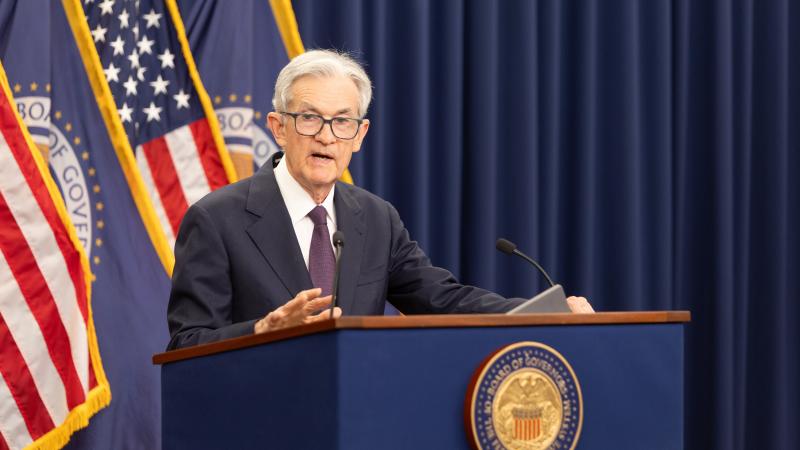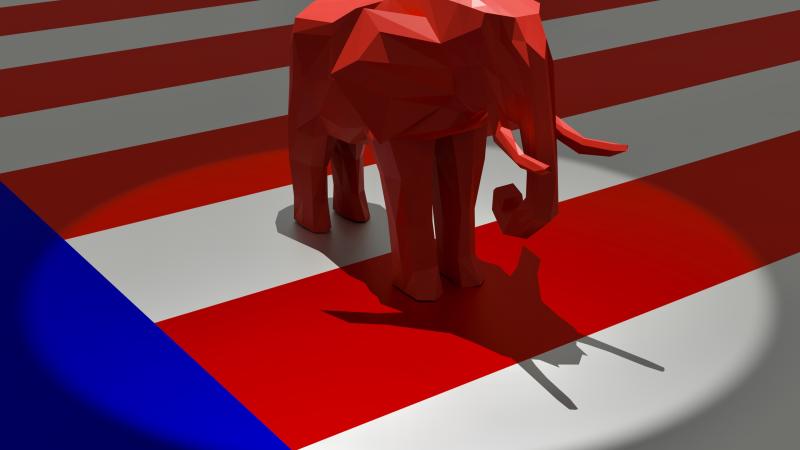Muskerberg? Meta copies X approach to free speech as lame-duck feds relaunch misinformation unit
Mark Zuckerberg embraces Trump help to fight social media censorship in China, Europe and Latin America, which he said Biden administration made harder. State Department's Global Engagement Center lives on in new form.
Is Mark Zuckerberg becoming Elon Musk?
The Meta CEO's replacement of its own fact-checkers with a version of Community Notes – name-checking X's crowdsourced fact-checking feature and adopting the same name – marks one of the most stunning practical results of Donald Trump's second election and a blow to efforts by governments and private disinformation cops to pressure platforms to censor.
Career bureaucrats may be trying to subvert President-elect Trump's pending administration policy, however, by rebranding their own counter-disinformation work, giving the climate for free expression in liberal democracies the feeling of two steps forward, one step back.
Even as Justin Trudeau's resignation as Canadian prime minister suggests public fatigue with officials who crusade for policing purported hate, extremism and disinformation, European officials continue using regulation to suppress speech, as Zuckerberg warned.
Zuckerberg told the House Judiciary Committee last summer the Biden administration "repeatedly" pressured his team in 2021 to censor "certain COVID-19 content, including humor and satire, and expressed a lot of frustration with our team when we didn't agree." Ex-White House staffer Rob Flaherty's emails are some of the most hostile to become public.
But the billionaire's about-face on top-down content moderation has been years in the making, as suggested by a New York Times profile in September, sourced from "more than a dozen friends, advisers and executives familiar with his thinking" who say he now identifies with "classical liberalism."
Zuckerberg's charitable foundation has stopped supporting programs "perceived as partisan" following "blowback to Meta that came from the more politically touchy aspects of his philanthropic efforts" and he started restraining employee activism at Meta, the Times reported.
He reportedly grew weary of charity employees who "tried to push him further to the left," especially after one demanded his resignation in a staff meeting for not regulating Trump's Facebook comments following George Floyd's death in 2020.
The candidate and Meta CEO had one-on-one phone calls twice last summer, according to the Times, and Zuckerberg praised Trump's fist pump after his near-assassination as "one of the most badass things I've ever seen." The two met at Mar-a-Lago just before Thanksgiving, then Meta broke with its precedent by donating $1 million to Trump's inauguration fund.
Zuckerberg's Tuesday video announcement racked up 1.3 million views on Facebook alone by early evening, with a companion series of posts on Facebook's first X clone, Threads. Both drew predominantly hostile responses, the opposite of the response on Musk's X.
He went much further than pledging to clone X's Community Notes, which has embarrassed elites including the journalism nonprofit Poynter Institute's fact-checker PolitiFact and then-FBI Director Chris Wray by letting users vote on proposed corrections backed by primary sources.
"Governments and legacy media have pushed to censor more and more," Zuckerberg said, promising a return to the free expression principles he laid out in a 2019 speech at Georgetown University. He distinguished pressure that's "clearly political" from the "legitimately bad stuff" Meta wants to keep fighting: "Drugs, terrorism, child exploitation."
Its "complex" moderation systems have "reached a point where it's just too many mistakes and too much censorship," he said. "The recent elections also feel like a cultural tipping point towards, once again, prioritizing speech."
He expressed regret that Meta gave in to "legacy media," which "wrote nonstop about how misinformation was a threat to democracy" after Trump's 2016 victory. "We tried in good faith to address those concerns without becoming the arbiters of truth, but the fact-checkers have just been too politically biased and have destroyed more trust than they've created."
Meta filters will no longer scan for "any policy violation" but focus on "illegal and high-severity violations" and wait for user reports to scan for "lower-severity violations," said Zuckerberg, admitting its filters to date "take down a lot of content that they shouldn't." It will tune filters to "require much higher confidence before taking down content."
In a boon for news media, Meta will resume recommending "civic content" including politics because "it feels like we're in a new era now," he said, while promising to "keep the communities friendly and positive." U.S.-based content review is moving to Texas from California because "there is less concern about the bias of our teams" there.
Meta Chief Global Affairs Officer Joel Kaplan gave a longer and more detailed explanation of the pending changes on the platform's corporate website.
"We want to undo the mission creep that has made our rules too restrictive and too prone to over-enforcement," he wrote, opening discussions "on topics like immigration, gender identity and gender that are the subject of frequent political discourse and debate. It’s not right that things can be said on TV or the floor of Congress, but not on our platforms."
Tech Policy Press transcribed Zuckerberg's 5-minute video as well as Kaplan's appearance on Fox News' "Fox & Friends," on which the official praised X's Community Notes for "working really well."
Zuckerberg notably pledged to "work with President Trump to push back on governments around the world," which was difficult under the Biden administration because it also "pushed for censorship. "
He called out Europe for "an ever-increasing number of laws, institutionalizing censorship," Latin American countries with "secret courts that can order companies to quietly take things down" and China's overt censorship. "The only way that we can push back on this global trend is with the support of the U.S. government."
A since-shuttered interagency unit hosted by the State Department, known for funding groups that pressure advertisers to boycott conservative publishers, may complicate those efforts.
The Global Engagement Center is coming back to life as the "Counter Foreign Information Manipulation and Interference Hub," according to a private congressional notification obtained by The Washington Examiner.
State previously hinted GEC would live on in some form because the feds would "realign" its staff and funding internally, but the private letter gives the details.
The new hub, funded with $29.4 million from GEC, includes African, East Asian, Pacific, European and Eurasian bureaus and will report to the undersecretary of State for public diplomacy, the Examiner said. Its total funding of $69 million will be spread around State.
A European Commission spokesperson told Reclaim the Net it will scrutinize Musk's Thursday livestream with Alternative for Germany (AfD) party leader Alice Weidel "in the context of the current proceedings" on X's compliance with the Digital Services Act "and if it has assessed the risks," while cautioning the law does not prohibit livestreams or "personal opinions."
The DSA prohibits "illegal and harmful activities online and the spread of disinformation," and specifically requires "very large online platforms" to consider "any actual or foreseeable negative effects on civic discourse and electoral processes" from their services in risk assessments.
The EC will look at "how much" the livestream helps the purported far-right party and whether its agenda is "boosted," and discuss the results with German regulators and X on Jan. 24, the spokesperson told Politico.
Then-EU Internal Markets Commissioner Thierry Breton unilaterally threatened Musk with a DSA hate-speech investigation for a planned livestream with then-candidate Trump on X this summer, and called for another as a private citizen for Musk's AfD endorsement.
The German government then accused Musk of election interference by supporting the "far-right" party, whose tax and regulatory proposals he favors, in elections next month.
The Facts Inside Our Reporter's Notebook
Links
- Meta CEO's replacement of its own fact-checkers
- Justin Trudeau's resignation
- officials who crusade for policing purported hate, extremism and disinformation
- Biden administration "repeatedly" pressured his team
- Rob Flaherty's emails are some of the most hostile
- New York Times profile in September
- Zuckerberg praised Trump's fist pump after his near-assassination
- The two met at Mar-a-Lago
- donating $1 million
- Zuckerberg's Tuesday video announcement
- companion series of posts
- fact-checker PolitiFact
- then-FBI Director Chris Wray
- 2019 speech at Georgetown
- Joel Kaplan gave a longer and more detailed explanation
- Tech Policy Press transcribed
- since-shuttered interagency unit
- funding groups that pressure advertisers to boycott conservative publishers
- The Washington Examiner
- Reclaim the Net
- Digital Services Act
- Politico
- Thierry Breton unilaterally threatened Musk
- called for another as a private citizen for Musk's AfD endorsement.
- German government then accused Musk
